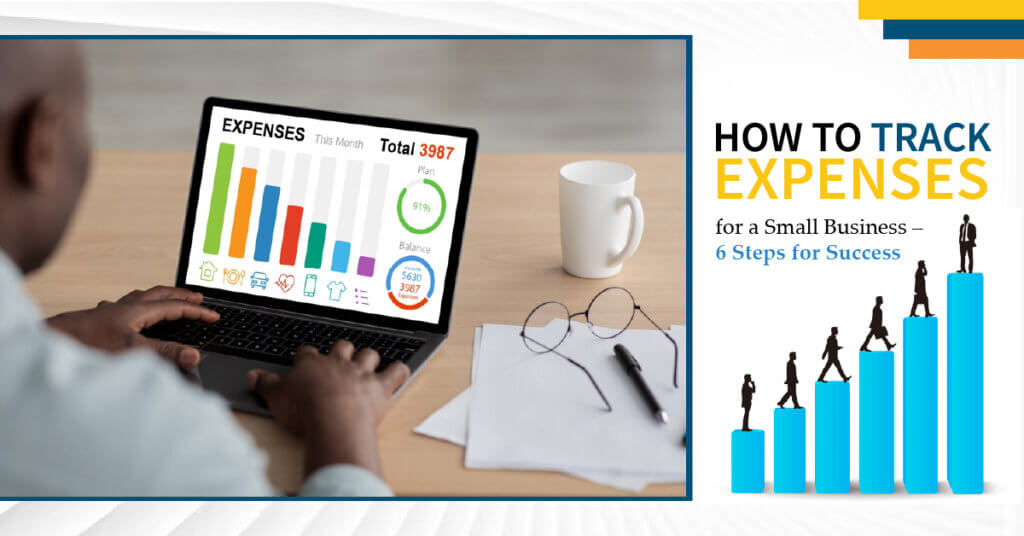In today’s economy, small business accounting can be a challenge. Sometimes it’s a headache just to stay afloat. Shelling out money for an accountant is often out of the question. Read on to find out 6 suggestions that will make small business accounting easier and more affordable.
- Create a budget – When you list all daily, monthly, and/or yearly expenses, it is called a budget. To budget properly, you need to know how much money you have and what it will most likely be spent on. Then you can compare actual expenses to the projected budget to see how accurate you were and to make any adjustments that are needed.
- Cash flow optimization – Logging and tracking expenses in your accounting will help you know what cash you have on hand. It also enables you to only use credit cards, checks, loans, and lines of credit when you need to and allows you to utilize cash on hand when that is your preferred payment method.
- Tax advantage implementation – Taxes are an important part of any small business accounting. An expense must be ordinary and necessary in order to qualify with the IRS as a deductible. Many business expenses can be written off in part or in full as a deductible as long as records are kept. By keeping your receipts and statements organized, you’ll be less frantic when tax time comes and can easily locate the expenses you wish to claim.
- Identify cost savings – By charting and reviewing expenses, you can easily see cost increases that were unexpected to determine if they are authentic and if they are, to make an informed decision about them. For example, if a certain product’s price rise, you can decide whether to continue purchasing it or not. If not, you may stop buying the product altogether or you might find a better deal.
- Compare with other industries – You can track and compare your expenses through the US Census Bureau by using QuickBooks. That way, you’ll be able to find industries similar to yours and compare them in multiple areas.
- Keep up with loans and credit card debt – Whether you have a loan or are trying to pay down your credit card bill, keeping up with the total of your debt and the amount you are paying the debt down each month (or adding to it) will help you figure out your overall status.
QuickBooks is an automated bookkeeping system that can be connected to your financial systems such as your business bank account, PayPal, Square, credit cards, debit cards, and all other accounts. The transactions you make are automatically imported into the system.
The QuickBooks online bookkeeping program makes it a cinch to follow the 6 steps above so you don’t have to hire a bookkeeper. The program will do tasks for you such as organizing data, entering transactions, performing calculations, and so forth.
If you’re looking for a balance between being a pricey bookkeeper/accountant and doing the books yourself, you can opt to use QuickBooks with a profession of a Certified QuickBooks ProAdvisor. While the accounting profession may not necessarily be a CPA, they will be well-versed and certified in the use of Quickbooks.
These types of experts are experts in all realms of QuickBooks Small Business Accounting including procedures and accounting theory and are required to test periodically but don’t typically charge a fortune for their services.
If you are wanting to find a Quickbooks consultant in your area, conduct an online search for “QuickBooks consultant near me.” Go through the results, select your favorites then research further to narrow the list down to one or two. Contact us once you feel are the best and select one to try out. If you are not happy with your QuickBooks Advisor, you can always change your mind and refer back to your list.
The QuickBooks consultant will ensure that the six things in the suggestions are attended to so you won’t have to and it will be done for a fraction of the cost of a traditional bookkeeper.











